The Labour Party has confirmed the full restoration of the whip to four final backbenchers, bringing an end to a period of internal division following repeated parliamentary rebellions. Neil Duncan-Jordan, Chris Hinchliff, Brian Leishman, and Rachael Maskell will now rejoin the Parliamentary Labour Party benches, having sat as independents since their suspension for repeatedly challenging government policy, particularly over welfare reforms. Sources close to the party confirm the decision came after a review of their conduct and discussions with Chief Whip Jonathan Reynolds on yesterday.The earlier reinstatement of Apsana Begum, the prominent British Bangladeshi MP for Poplar and Limehouse, months ahead of her colleagues, shines a light on a political career defined by perseverance in the face of intense challenges. Having successfully navigated a difficult personal history, including domestic abuse, a highly publicised legal battle from which she was cleared, and sustained campaigns of alleged harassment, Begum's ability to maintain her vocal political platform demonstrates considerable mental strength and resilience, traits she now focuses entirely on advocating for her poverty-stricken constituency and fighting for her re-nomination.
The Timing of Apsana Begum's Reinstatement-The return of these four MPs comes months after the earlier reinstatement of left-wing figure Apsana Begum, Member of Parliament for Poplar and Limehouse, which clarifies the different disciplinary tracks. Begum, alongside former Shadow Chancellor John McDonnell, had their whip restored in September of this year, a full fourteen months after their initial suspension in July of last year. Their suspension, unlike the more recent one for the four returning MPs, was specifically for voting in favour of an amendment to the King's Speech to scrap the two-child benefit cap.
Four other MPs suspended at the same time as Begum and McDonnell over the benefit cap vote—Rebecca Long-Bailey, Ian Byrne, Imran Hussain, and Richard Burgon—had their whip restored after six months, in January and February. This meant Begum and McDonnell's suspensions were significantly extended. Begum, a vocal critic of the two-child cap, learned of the extension via a news report and stated publicly upon her September reinstatement that she would "continue to oppose the two-child limit at every opportunity," highlighting that 44.6 per cent of children in her Poplar and Limehouse constituency live in poverty as a matter of conscience. Her earlier reinstatement suggests a strategic move by the party ahead of the annual conference, particularly amid increasing pressure and a growing likelihood that the Labour government may move on the contentious two-child benefit cap policy.
Daily Dazzling Dawn Analysis of Apsana Begum's Seat and Future Nomination-Apsana Begum’s political future, specifically her renomination as the Labour candidate for Poplar and Limehouse in the next general election, remains a subject of intense scrutiny within the party. Despite her extended suspension, her reinstatement in September places her back within the Parliamentary Labour Party, which is a crucial pre-requisite for her to receive the official Labour nomination.
The Poplar and Limehouse constituency in Tower Hamlets is a deeply complex and highly volatile political area. The seat, which Begum has held since the 2019 General Election, saw her re-elected in the 2024 General Election with a reduced, though still significant, majority of 12,560 votes, achieving 43.1 per cent of the vote share. This reduction in vote share compared to her 2019 result highlights the multi-faceted political challenges she faces, which include a strong local base but also consistent internal opposition from the right-wing of the local Labour Party. Her victory came despite her ex-husband standing against her as an independent candidate and securing a notable fourth place, which underscores the fragmented nature of local politics.
Begum, as a prominent left-wing, Sylheti, anti-imperialist, and socialist voice, as well as the UK's first MP to wear a hijab, draws powerful support from local grassroots activists and a large section of the significant British Bangladeshi community in Tower Hamlets. However, she has faced repeated political and legal challenges, including a housing fraud case from which she was cleared, and has been the target of what supporters describe as politically motivated attacks. The internal conflict is long-standing, with the local Labour council having previously pursued action against her, a move interpreted by her allies as an effort by the local right-wing establishment to remove her.
Given the deeply embedded, yet often adversarial, local political dynamics in Tower Hamlets, securing her re-selection as the official Labour candidate is not guaranteed and is subject to local party processes. However, the national party’s decision to restore the whip, despite her defiant statement that she will continue to rebel on key issues, suggests a pragmatic decision to allow a truce with a popular, locally-embedded figure. For now, with the whip restored, she is positioned to seek re-selection and will likely rally her significant ground-level support to retain the Labour nomination for the next election.
Rebels Return Amidst Tax Tensions-The overall return of all suspended MPs to the Labour fold coincides with mounting pressure on the Labour Government from its own backbenchers over domestic policy. The newly restored MPs, including York Central's Rachael Maskell who pledged she is "Labour to the core," have indicated they will continue to advocate for Labour values, focusing on tackling poverty and lifting people out of difficult circumstances. This internal focus is particularly sharp following comments from newly elected Labour Deputy Leader Lucy Powell, who urged the Government to maintain its manifesto commitment not to raise income tax, national insurance, or VAT, amid speculation of tax hikes being prepared by Chancellor Rachel Reeves for the upcoming Budget. The combined return of the left-wing rebels reinforces a powerful, unified call from the backbenches for the government to prioritise its anti-poverty agenda and improve living standards for the most vulnerable.
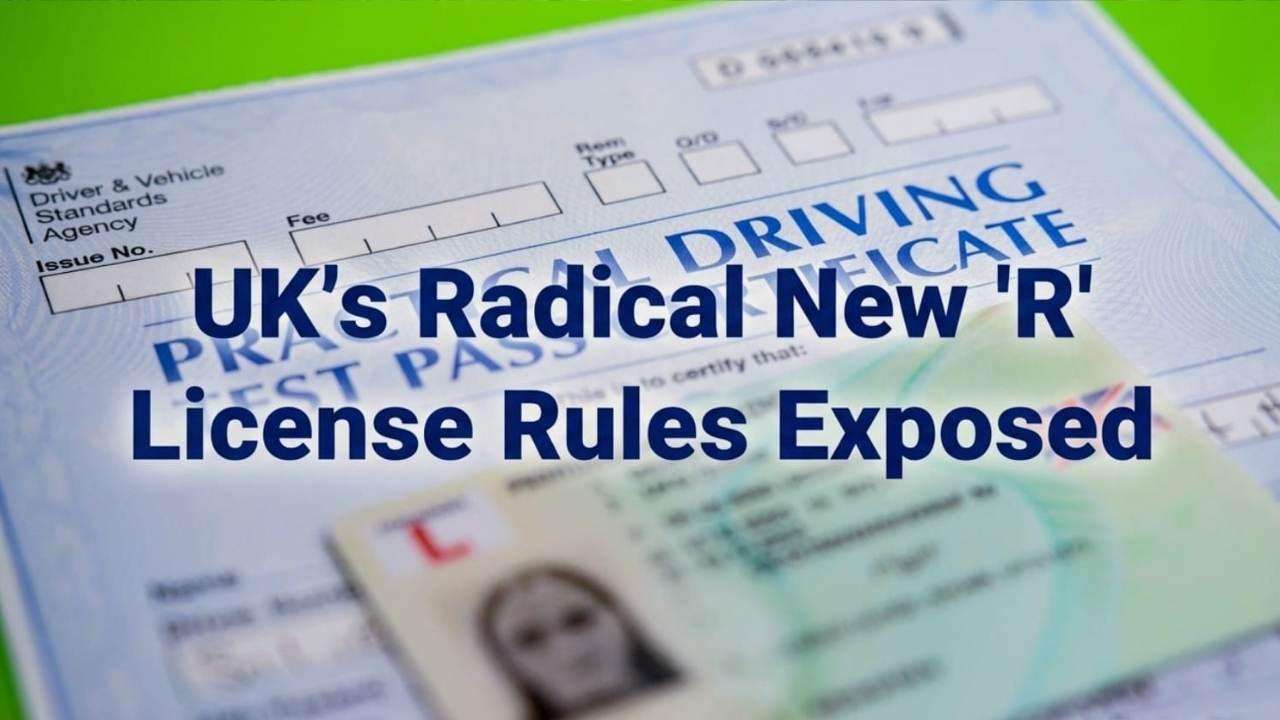
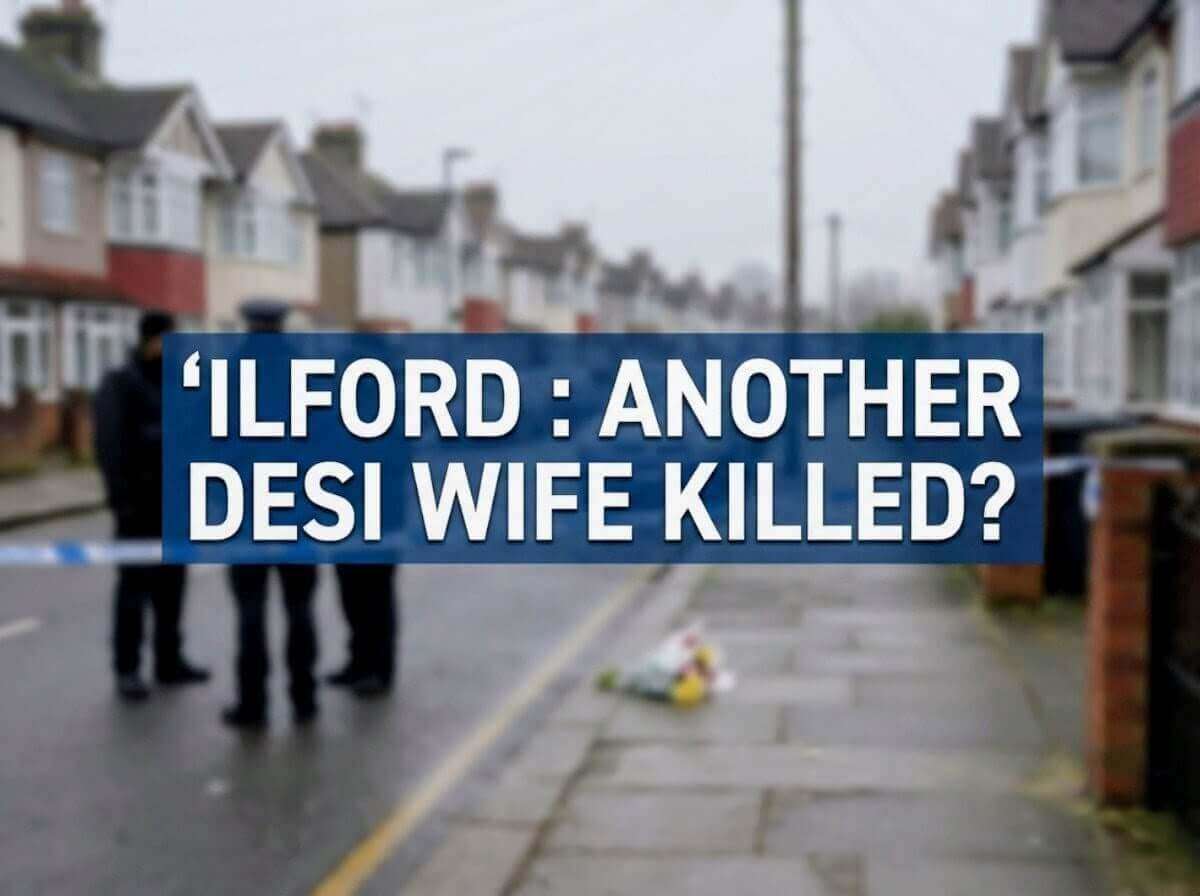
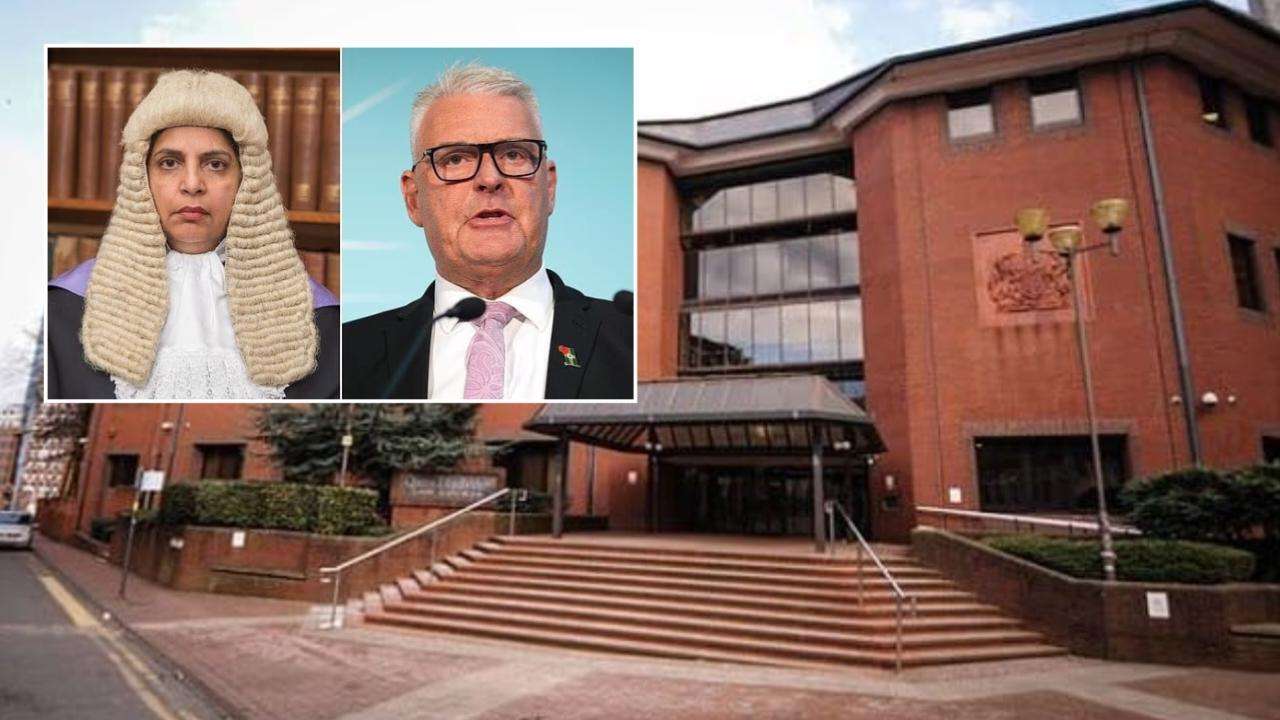

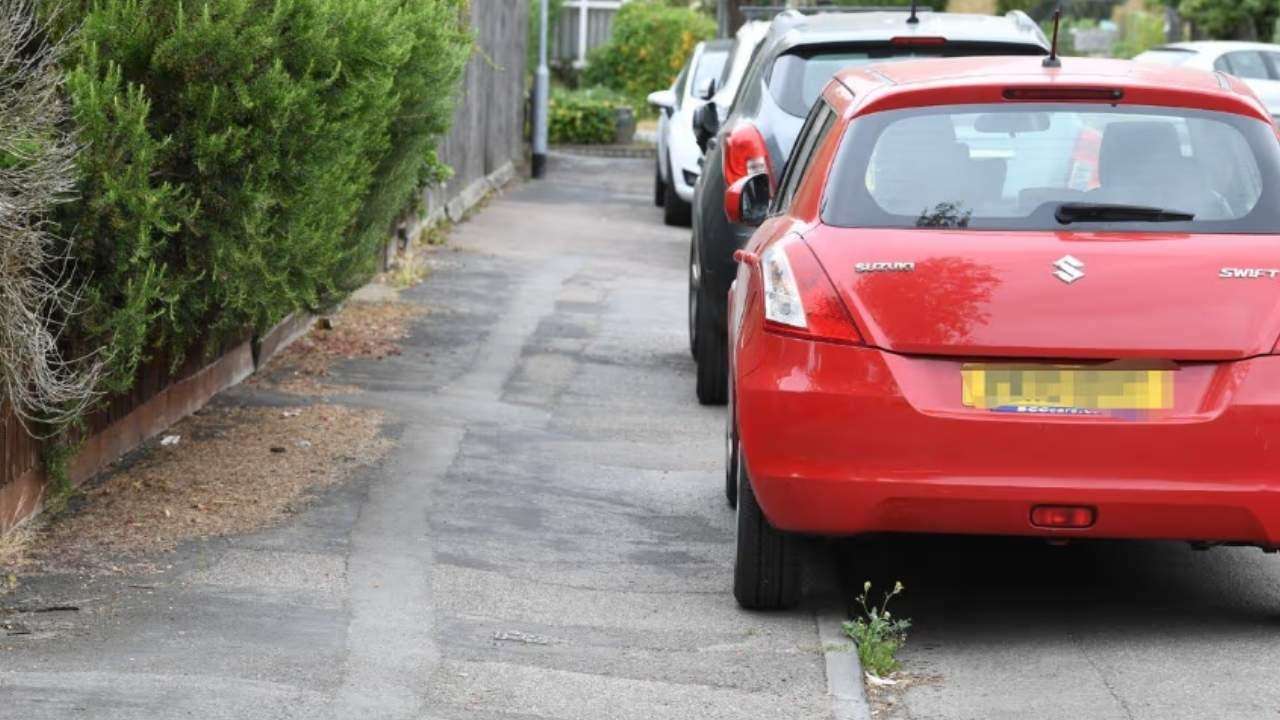


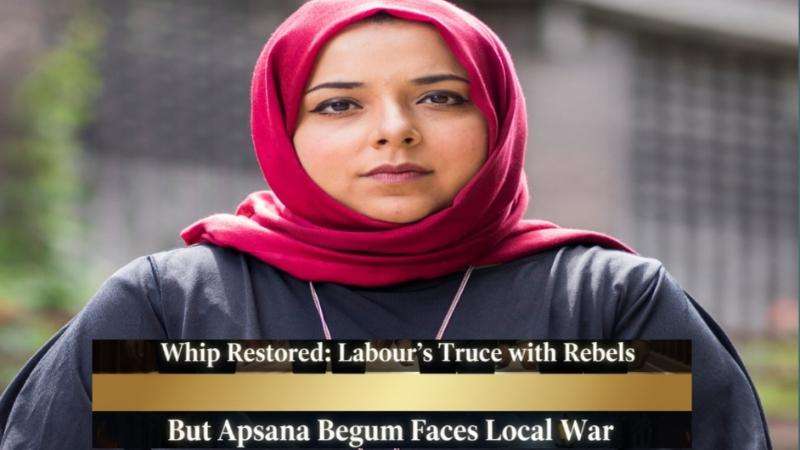
.svg)
